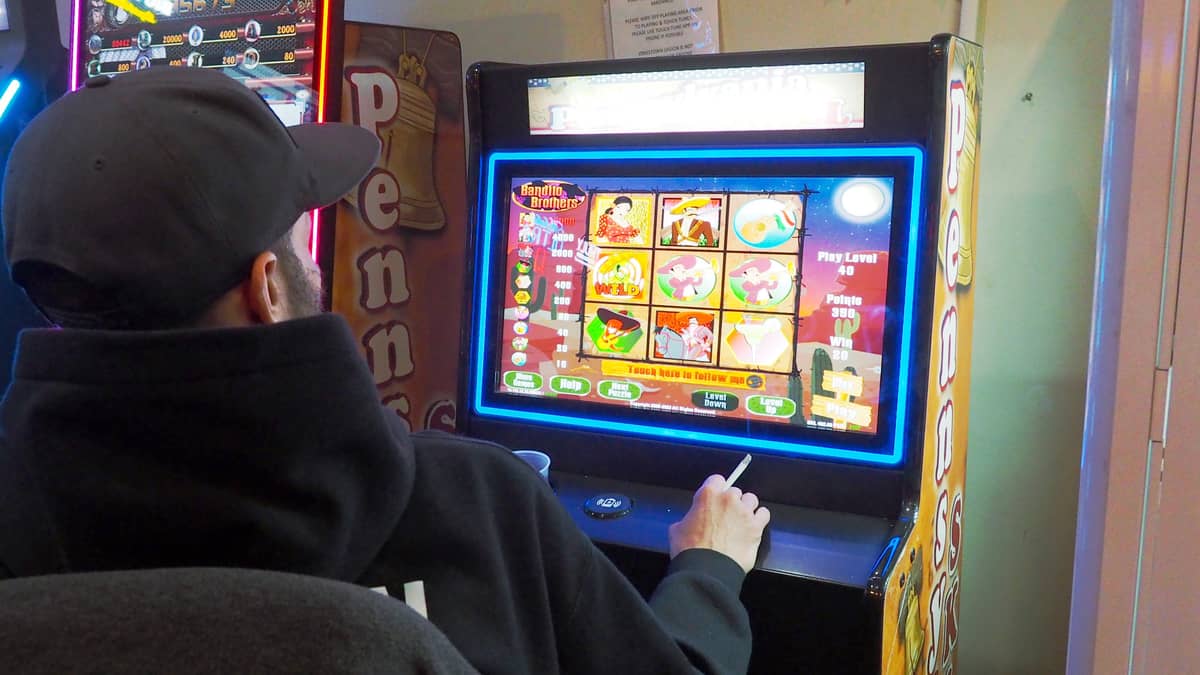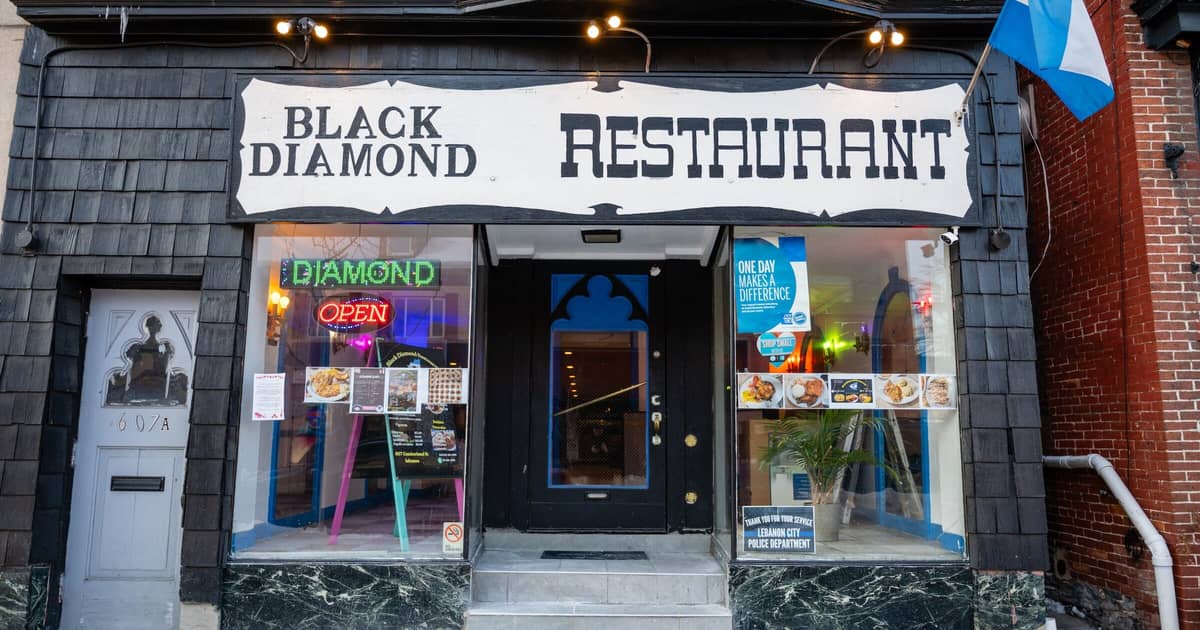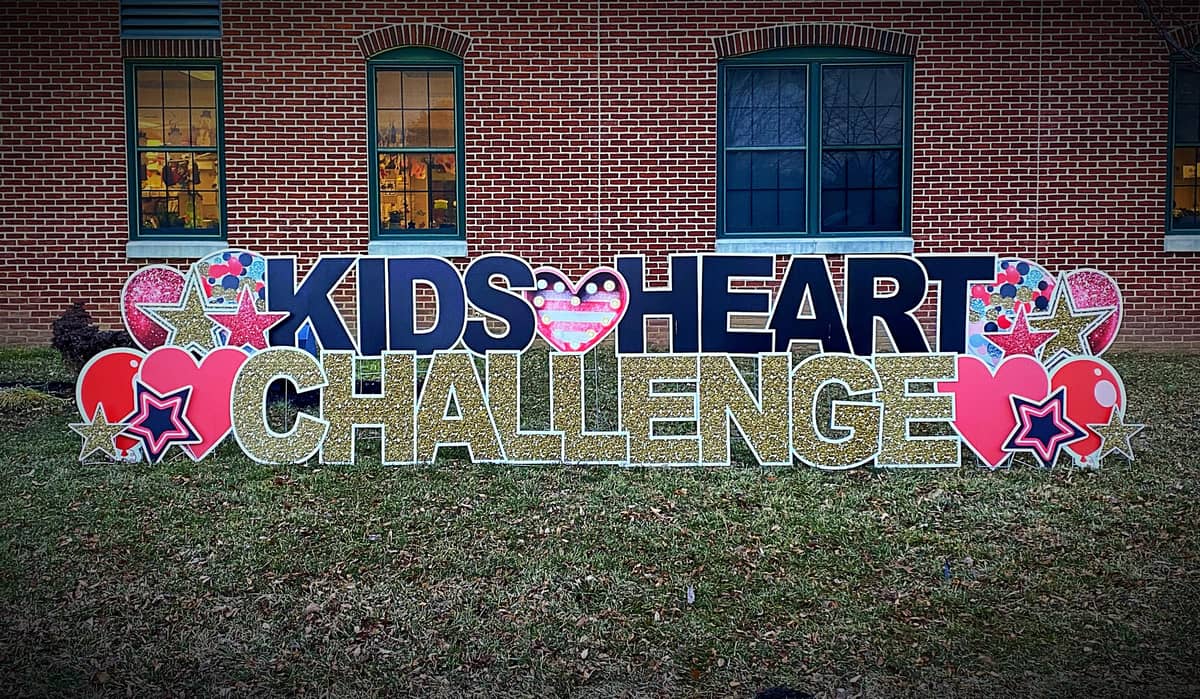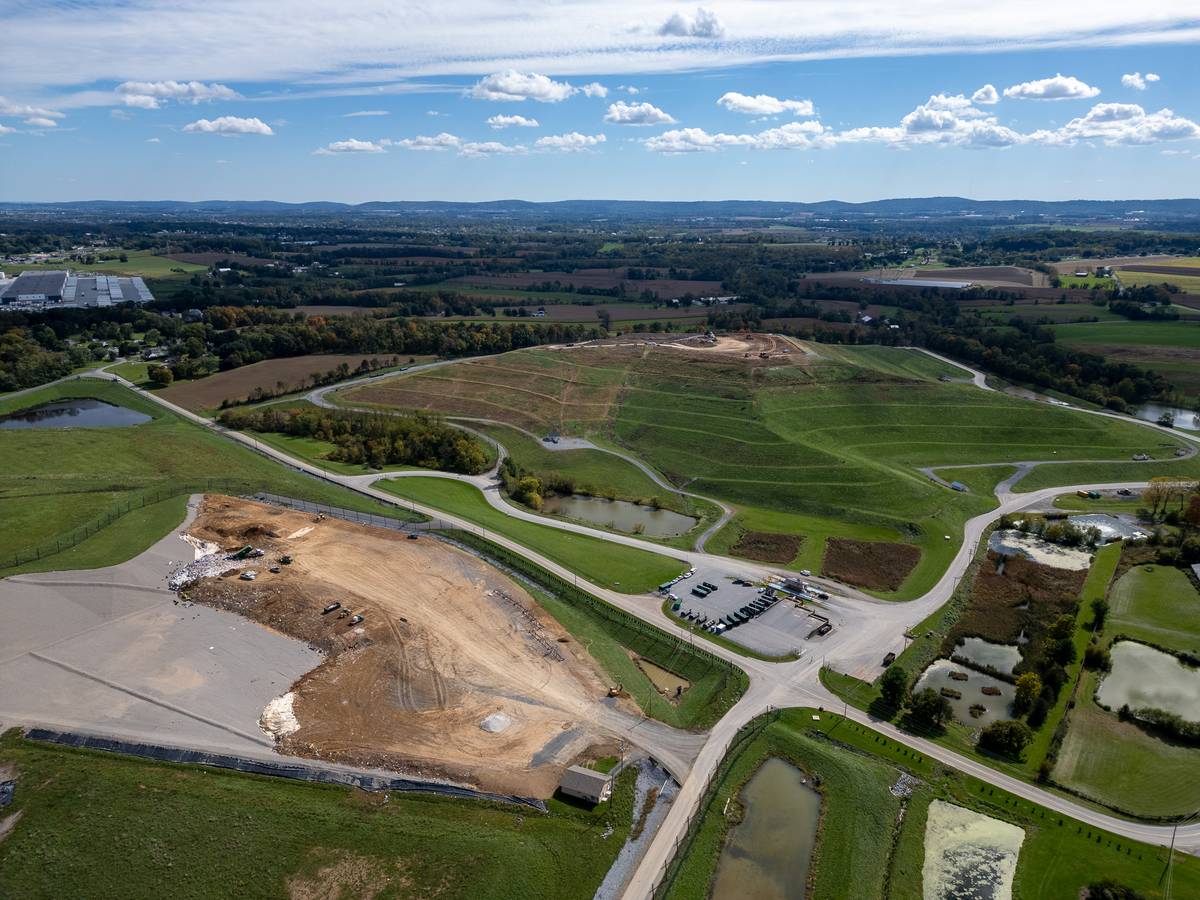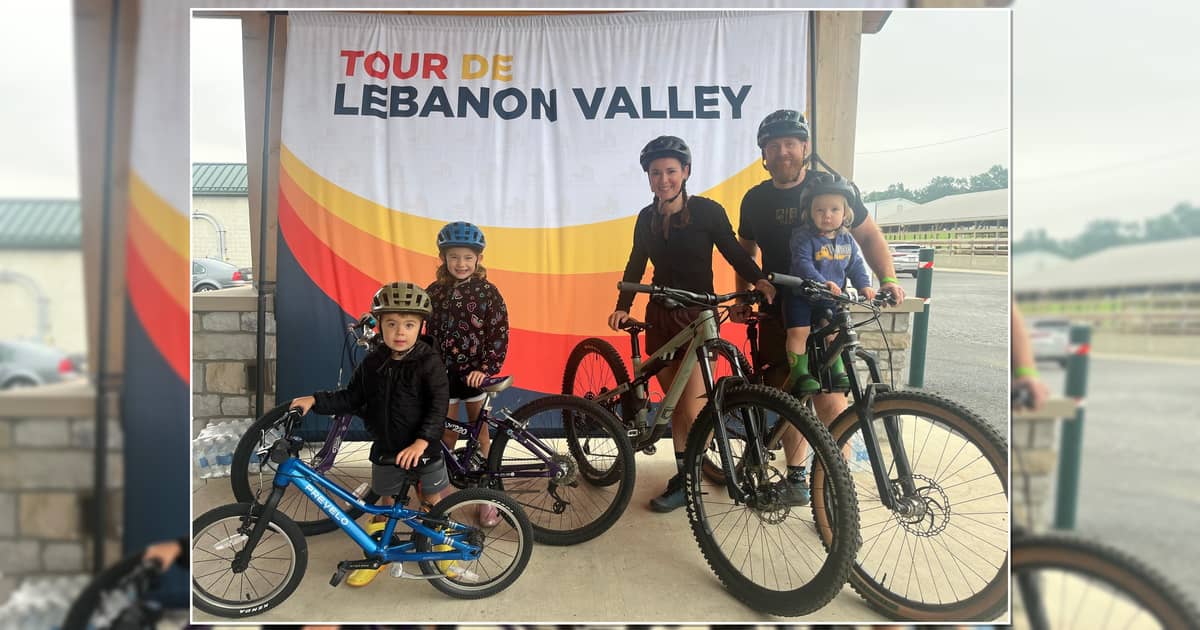Several members of community organizations have come together to host a workshop series encouraging people to take action against racism.
The series, Taking Action for Anti-Racism, consists of three sessions, during which participants will learn about and discuss racism and how they can combat it.
There are two schedules that participants can choose between. There was one schedule with sessions at noon on Tuesdays and Thursdays, starting Tuesday, June 9, and another with sessions at 7 p.m. on Wednesdays and Fridays, starting Wednesday, June 10. There is no cost to participate.

“It’s a three-session workshop series that is really focused on helping people move from good intentions around anti-racism to having the skills and the planning needed to take action around anti-racism,” said President and CEO of Sexual Assault Resource and Counseling Center of Lebanon and Schuylkill Counties (SARCC) Ali Perrotto.
Perotto was one of the main organizers of the workshop, along with Amanda Davis-Buie of Strength, Love, and Motivation, LLC; Amaury Abreu, co-founder of Project 13th Grade; Marianne Bartley, founder of Time to Think, LLC; Renata Williams of Lebanon Valley College; Zaida Del Toro of KNZ Life-Coaching; and Kaity Nordhoff of SARCC.
“I think we have a nice collaboration of folks who are willing to engage in the learning process but also lead in discussions,” said Williams, who is the Assistant Dean of Inclusion and Director of Intercultural Affairs and Inclusive Programming at Lebanon Valley College. “While [Perrotto] pulled this all together, it’s been a think tank of ways we can really engage our local community. Everybody is kind of all hands on deck, all the organizers and co-facilitators.”
The first session will focus on current issues, such as the recent cases of police brutality against Breonna Taylor, Ahmaud Arbery, and George Floyd, among others, and explore racism as a concept. In the second session, facilitators and participants will discuss how solutions around anti-racism work. In the third, they will work through how they can use the information they have learned in the workshop to take action against racism.
At the end of each session, participants will have ‘homework’ to do before the next session. This typically entails reading or watching certain articles or videos and writing down their thoughts after the session. They will also be encouraged to reflect on what they learned and discussed during the workshop.
“We will give them something [like] homework so that when they come to the next part, we’re already moving on to essential solutions [and can ask] ‘what do you think about this,’” said Abreu. “It gives them time to rest and think through this intense conversation.”
In hosting this workshop, the co-facilitators want to open up the conversation around racism.
“A lot of people have a hard time discussing controversial topics because they don’t want to confront them and they feel awkward and uncomfortable, but we have to talk about them,” said Abreu. “We need to move past the fear of those hard conversations because we need to have them. If we don’t have them, how can we move forward?
The workshop will allow participants, particularly white people, to have an open conversation about race, which they might not normally do because of the discomfort surrounding the topic.
“It is really clear to me, as someone who is white and grew up in a predominantly white community, that it’s really uncomfortable for white people to engage [in] a discussion about race or race-based violence in America, or even everyday racism that we see and experience in our community,” said Perotto.
“We want to make sure that people have a space to really overcome some of those barriers we have to taking action and have the motivation and planning in place to actually do the work that needs to take place.”
The main goal of Taking Action for Anti-Racism is for people to be not just passively not racist, but actively anti-racist and to consciously take actions to work against racism.
“What I would emphasize and highlight is the action,” said Williams. “We are pairing conversation with action and that’s the focal point of what we’re looking to do. We don’t want it to stop at the conversation.”
They also hope to inspire people in Lebanon County to speak out against racism and advocate for public policy that mitigates systemic racism.
“The ideal outcome will be that we can actually see people within the community starting to take action on asking their local officials to review policies within the police department and the justice system,” said Abreu. “It would also be great to see some sort of organization being born out of the knowledge that the people taking this program are going to receive to fight against systemic racism.”
Overall, the co-facilitators of the workshop are looking forward to the event and hope that it sparks change within the community.
“We’re very excited,” said Williams “This is, I think, a pivotal time in American history, so we’re very excited to be part of what’s taking place in the Lebanon County community.
“I think it will really be a space of community learning and community engagement.”
Do you know a Lebanon County organization with an interesting story to share? Give us advice on what to feature next!
Give the gift of local journalism.
If you are thankful for what LebTown brings to the community, consider joining our cause as a member. Members get an inside look at our publishing schedule each week, plus invites to our members-only Facebook group and happy hours.
Sign up for an annual membership using the link below, and we’ll give you a free LebTown mug at the next happy hour.
Learn more and join now here.





